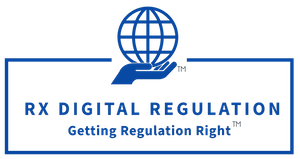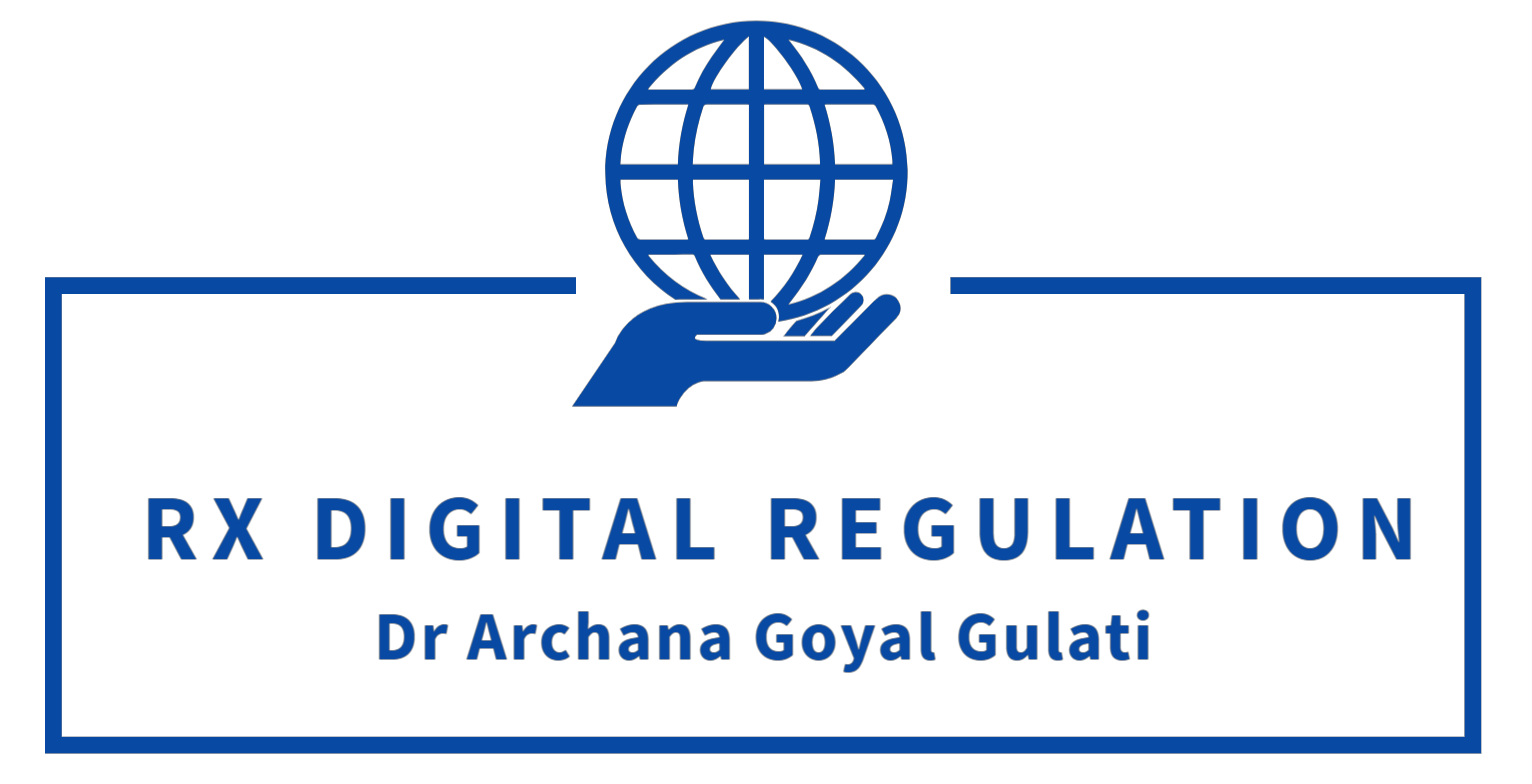
Universal Service Obligation Fund’s Pilot Project Scheme for Access to ICTs and ICT Enabled Services for Persons with Disabilities in Rural India
A Journal of Rural Development, Vol. 59, No. 12, October 2011
DOWNLOADS: 103
ABSTRACT VIEWS: 712
Abstract
India is home to one of the largest disabled population in the world. As per census 2001, 21.9 million Indians suffer from some form of disability. Seventy five per cent of persons with disabilities (“PwDs”) live in rural areas. A good percentage of these would either be unemployed and/or illiterate. Inclusive and sustainable development demands that Government policies and resources aimed at this section of the population reach rural areas where the majority of PwDs reside. Information and Communication Technologies (“ICTs”) can play an important role in facilitating the socio-economic and political inclusion and mainstreaming of PwDs as ICTs can enable them to access various services (health, education, government services etc), information, employment opportunities etc and most importantly, to communicate effectively in spite of their particular disability. However for ICTs to play this role, the ICT services must be available, affordable and be truly “accessible.” In keeping with its mandate of Universal service and in recognition of the vital role that ICTs can play in facilitating the daily lives of PwDs, enhancing their well being and productivity and enabling their active participation in society, the Universal service Fund of India is launching a scheme of Pilot Projects for access to ICT facilities combined with ATs for PwDs in rural India. These projects would address accessibility in terms of hardware, software and human interface. The projects are envisaged to cover persons with various forms of disability including inter alia sensory (including vision and hearing), cognitive and motor disability. In this initiative, USOF will enlist the assistance of various stakeholders including inter alia telecom service providers, telecom equipment manufacturers, mobile and internet/broadband content providers, NGOs, Ministry of Social Justice & Empowerment etc. This scheme seeks to provide PwDs in rural India with meaningful access to telecommunications facilities and through telecommunications facilities, to enable them to access public services, information, educational and employment opportunities. This would take the form of facilitation with regard to provision of appropriate ATs by way of telecommunications infrastructure (mobile phones and computers/servers), assistive software and content (including real time information and data bank of books and other printed matters relevant to PwDs). The projects would also cover the aspect of training of both facilitators and PwDs in the use of ATs. It is hoped that these pilot projects would effectively demonstrate and highlight the utility and positive impact of AT enabled ICT access for PwDs and this would encourage service providers and other stakeholders to take up such initiatives on a larger scale in order to address the needs of PwDs.

